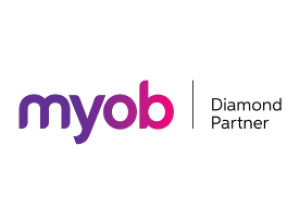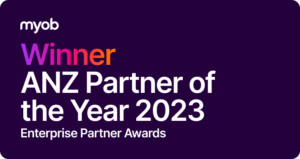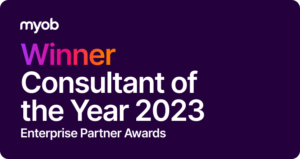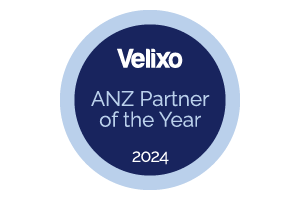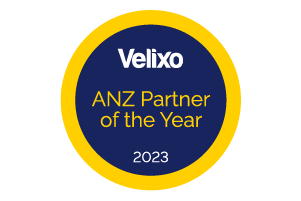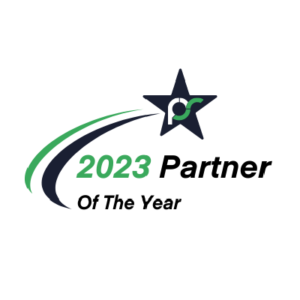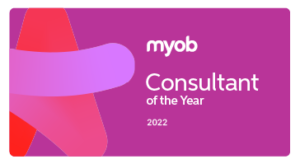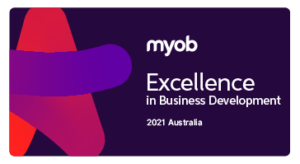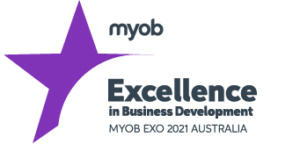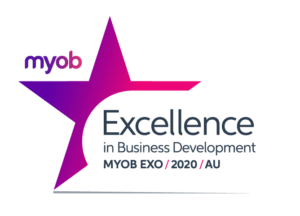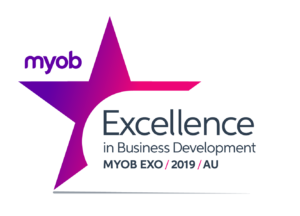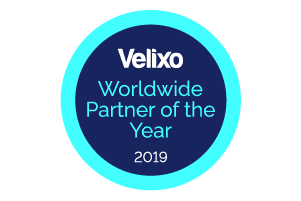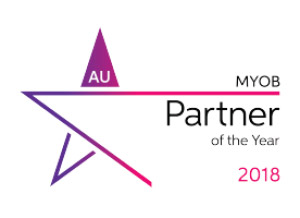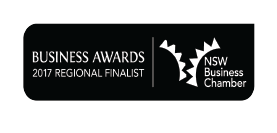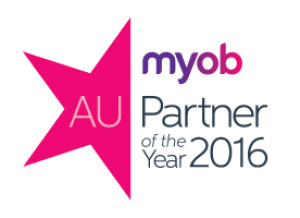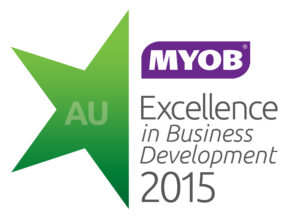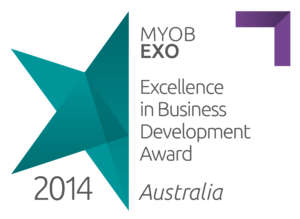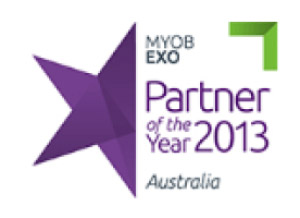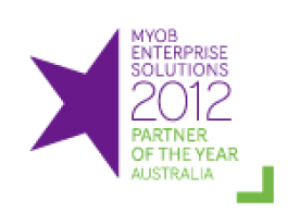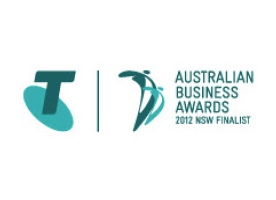Making Your Way Through The ERP Selection Process
We've got some useful tips to help you get started on your ERP journeyWhat is an ERP?
ERP is an abbreviation of Enterprise Resource Planning software. It evolved from accounting software and gives businesses the ability to measure and manage both financial and non-financial aspects of their organisation. A business may have an inventory system, a job/project costing system, a point-of-sale system, a fixed asset register, and a payroll system. An ERP system would combine all of these components and allow the business owner to extract reports that are accurate and balance with the general ledger. This makes the decision-making process easier and more transparent.
How do I know when I need an ERP?
As businesses grow, they become more complex. There are some common signs that appear which may indicate that you need an ERP. Typically, a business will start creating reports in Microsoft Excel and doing reconciliations to make sure that these reports tie back to the accounts. Therefore, manual processes start becoming cumbersome and taking up large amounts of time. The company starts looking for ways to become more efficient. The number of people requiring access to information increases. Access to real-time information across the organisation is a primary driving factor in moving to an ERP system.
Choosing the right ERP
Buying an ERP system is like buying a car. There is an enormous array to choose from. The best approach is to first define your requirements and then look for systems that meet those requirements. Buyers often get overwhelmed by enthusiastic salespeople telling them about all the bells and whistles. It is best to ignore this tactic and to focus on your core functionality requirements.
Stick to well-known brands and make sure that the implementing partner can support you for many years to come. Remember that an ERP has three components:
- The software
- The implementation (including training)
- The ongoing support and business process improvement
An ERP system cannot be implemented without a professional service provider. This is one of the main differences between an accounting system and an ERP system.
Hosted vs on-premise
Once you have found an ERP system that meets your requirements, you then need to decide how this will be deployed. If you have selected software that is only available as a service (SaaS), you will have no choice. With other software, you may have the choice between an on-premise server or a hosted server. Your choice, in this case, will be based on three factors:
- Internet connectivity and speed
- Cost
- Integration requirements
Software as a service (SaaS) configurability
SaaS systems tend to be “one size fits all” and has limited configuration options. You may be lucky and find a system that provides you with all the functionality that you require. Likewise, larger, more complex businesses are likely to require larger, more complex systems. Fortunately, there are now SaaS systems, like MYOB Advanced, that allow configuration and are suited to complex businesses.
What does it cost?
The cost of an ERP system is made up of 5 components:
- The initial cost of the licenses from the software vendor
- The annual license fee charged by the software vendor
- Hosting costs (if any)
- The consulting fees charged by the implementer, usually based on the number of hours it takes to implement the software
- Support fees and training costs, usually charged by the implementer
Software as a service (SaaS) comprises a monthly subscription. As you are not buying the software, there is no initial cost (point #1 above). The monthly subscription covers #2 and #3 above. On the other hand, for entry-level ERP systems, you could expect to pay approximately $100 per user per month. For more complex businesses, this could be as much as $300 per user per month.
If you are purchasing ERP licenses upfront (in other words, not SaaS), you are likely to be paying between $2000 – $3500/user upfront, with an annual license fee of approximately 20-25% of this.
Consulting Fees
Be very wary of implementers who claim that they can implement an ERP in less than 100 hours. Typically, you would be looking at between 120 – 200 hours for an entry-level implementation and up to 1000 hours for a larger, more complex implementation. Consulting rates will vary between $150/hour and $300/hour, depending on the complexity, implementer skills, and the charge-out rates of the implementing partner.
Budget
For a mid-sized company, transitioning from an accounting system like MYOB AccountRight or MYOB Premier to an ERP system, you should be prepared to spend in the region of $50, 000 to $100,000. This depends on your exact requirements, the complexity of your business and the amount of training required. Other factors such as integrations will increase your investment.
Taking the next step
Selecting an ERP system is not an easy task and advice from a trusted source will help you to make an informed decision. At Kilimanjaro Consulting we provide an initial, no-obligation, no-cost assessment and indicative budget. We are the largest and most experienced implementer of MYOB Enterprise Solutions and have helped many businesses over the last 11 years.
If you would like to discuss your options with us, please call on 1300 857 464 (AU) or 0800 436 774 (NZ) or email us for a consultation at sales@kilimanjaro-consulting.com. If you think you’ve made your decision about an ERP system, the next step is to think about what you should expect from your implementing partner.

